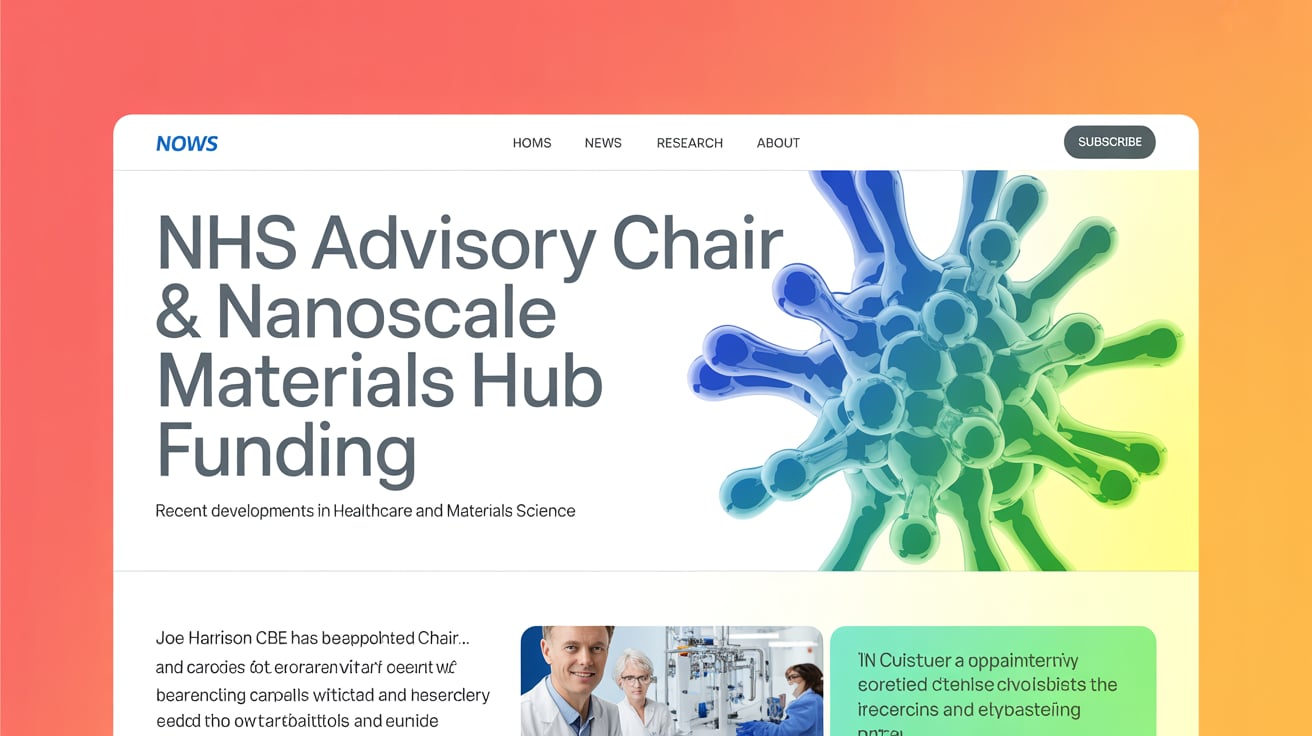How AI is reshaping MedTech through a surge in FDA authorizations over the past decade.
Artificial Intelligence (AI) has rapidly evolved from a futuristic concept to a cornerstone of modern healthcare. In the MedTech sector, AI-driven devices have become critical tools for diagnostics, monitoring, and treatment. Over the past decade, the U.S. Food and Drug Administration (FDA) has seen a dramatic rise in the approval of AI-enabled medical devices, reflecting a broader trend of AI adoption across the industry. This article explores the trajectory of AI device approvals, key trends, and what they mean for the future of healthcare.
The Rise of AI Device Approvals
The last decade has been transformative for AI in MedTech.
- From Few to Many: In 2015, only six AI-enabled medical devices had received FDA authorization. By 2023, this number had surged to 221, and as of August 2024, nearly 1,000 AI and machine learning (ML) devices have been approved. This rapid growth highlights the increasing reliance on AI to address complex healthcare challenges. (pharmaleaders.com)
- Steady Growth: The rise in approvals aligns with advancements in computational power, big data analytics, and AI algorithms, enabling devices to analyze vast datasets, improve diagnostic accuracy, and enhance patient outcomes.
Key Specialties Leveraging AI
The applications of AI-enabled medical devices span multiple specialties, with radiology leading the charge.
- Radiology: Accounting for approximately 76% of FDA-approved AI devices, radiology uses AI for imaging analysis, tumor detection, and workflow optimization. AI-powered imaging tools such as Aidoc and Zebra Medical Vision have revolutionized the field, delivering faster and more accurate diagnostics. (goodwinlaw.com)
- Cardiology: Representing 10% of approvals, AI devices in cardiology assist in early detection of conditions like arrhythmias and heart failure. Tools such as AliveCor’s Kardia system use AI for real-time ECG analysis.
- Emerging Areas: Other fields, including oncology, orthopedics, and neurology, are exploring AI for personalized treatments, surgical planning, and rehabilitation.
Regulatory Pathways for AI Devices
- Predominance of the 510(k) Pathway: Most AI-enabled devices gain FDA clearance through the 510(k) pathway, demonstrating equivalence to existing devices. This pathway accounts for over 75% of approvals, underscoring the incremental innovations in AI technology. (medicaldevicetechnology.com)
- Class II Dominance: The majority of AI devices fall under Class II, which includes moderate-risk devices, with an average review time of 152 days.
FDA’s Proactive Approach to AI
To keep pace with the rise of AI in MedTech, the FDA has introduced initiatives and guidance:
- Total Product Life Cycle (TPLC) Approach: The FDA has emphasized a lifecycle-based regulatory model for AI, ensuring devices remain safe and effective as they adapt and learn over time.
- Draft Guidance on AI Transparency: Published in 2024, this guidance outlines recommendations for product design, development, and documentation, addressing key issues such as bias, transparency, and reproducibility. (labmate-online.com)
Challenges and Opportunities
- Ethical Concerns: As AI devices become more autonomous, ensuring ethical use and unbiased algorithms is critical.
- Access and Equity: The high cost of AI technologies can limit access, especially in low-resource settings. Developing scalable and cost-effective solutions is a priority.
- Integration with Healthcare Systems: Seamlessly incorporating AI devices into clinical workflows remains a challenge, requiring training and infrastructure upgrades.
The surge in FDA approvals for AI-enabled medical devices over the past decade highlights a pivotal shift in healthcare. From radiology to cardiology, AI is enhancing diagnostic precision, streamlining workflows, and improving patient outcomes. As the FDA continues to adapt its regulatory framework, the future of AI in MedTech promises transformative advancements, ushering in a new era of personalized and efficient healthcare.
Follow MEDWIRE.AI for comprehensive insights into AI advancements and their transformative impact on medical technology.








